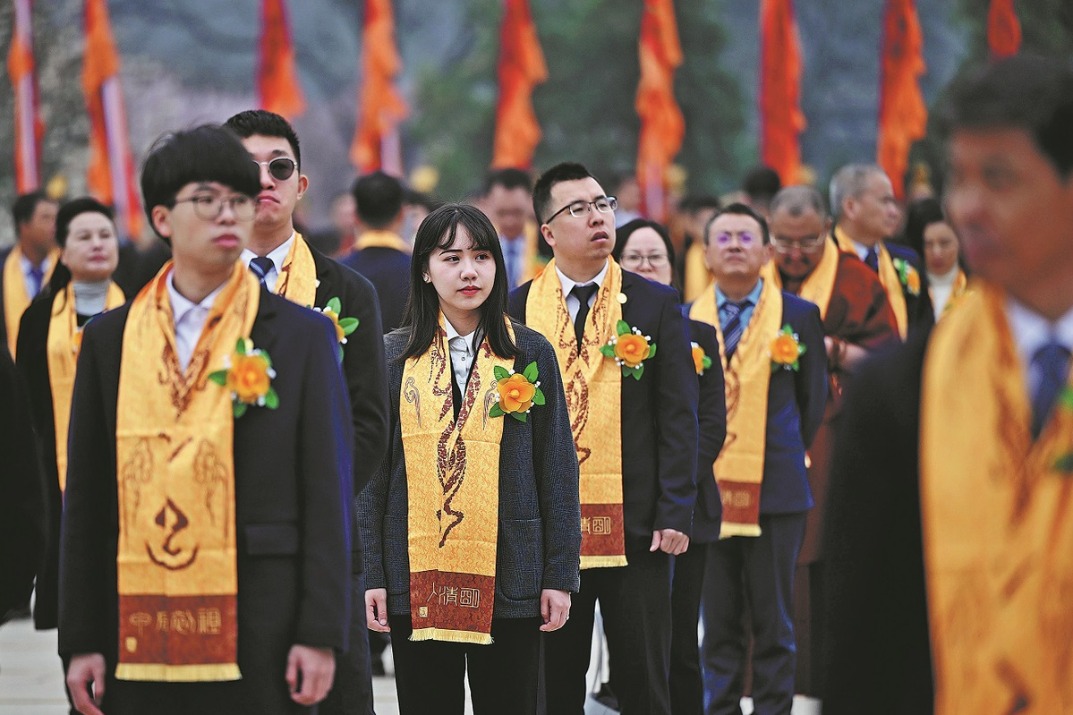Russian teenager takes 1st prize in Chinese Bridge competition

Ruslan Ustinov impresses judges with passion for learning Mandarin

"The Chinese language is the love of my life. I hope the romance will never fade," Russian student Ruslan Ustinov, 19, said in perfect Mandarin.
Ustinov was crowned champion of the 17th Chinese Bridge, a Chinese-language competition for foreign college students, in Changsha, capital of Hunan province, on Aug 4.

Over 150 contestants from more than 100 countries - the best Chinese-speaking students in their homelands - took part in this year's contest, combining language, culture and fun.
In his final-round speech, Ustinov expressed his love of Chinese learning. As an economics major, he also outlined a career plan based on his studies.
"China and Russia are friendly neighbors," he said. "The bilateral economic and trade exchanges are increasingly close. The courier service in China is so fast, which always makes me euphoric. I want to introduce China's fast courier service to Russia one day, as well as more quality Chinese products."
Ustinov's hometown, Chita, is located on the Sino-Russian border. He visited China for the first time with his father at age 4, and began to learn Chinese at 6. He initially learned simple words like "hello" and "thank you" from Chinese people living in his neighborhood.
After entering middle school, he began to systematically study the language every day. "The more I learned Chinese, the more interested I became," he said.
His pronunciation was not very "Chinese", as his teachers were Russian. But four years ago, his family moved to Novosibirsk, where Chinese teachers at the Confucius Institute helped his Mandarin improve rapidly.
He said the most difficult part was the tonal nature of Chinese pronunciation. "The Russian tone is very flat, while Chinese intonation changes a lot," he said.




































